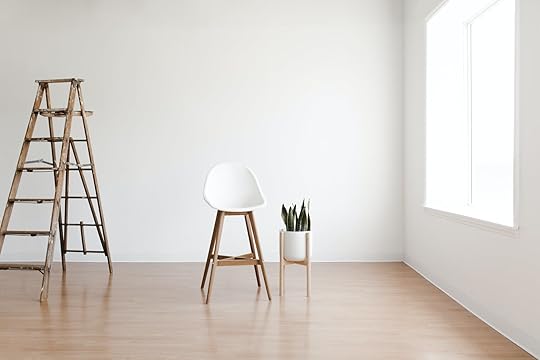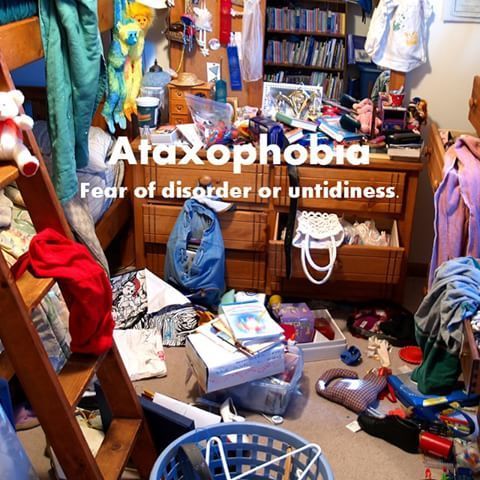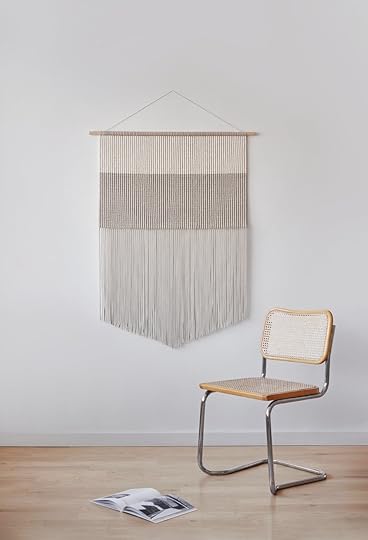Why I Became a Minimalist?
Minimalism has suddenly taken the internet by storm. We have all spent more time at home this past year, than in our entire lives. This probably made many realize how much unnecessary stuff they have gathered around the house. The economic downturn also made people realize how to spend money on things that matter and not unnecessary items that only add to the clutter.
Younger generations are going to extremes by putting all they own into a van, while Baby Boomers are retiring, downsizing, and choosing to save money, time, and energy. If the 90s were the age of Consumerism, 2020 onwards is becoming the age of minimalism. More and more media outlets are covering the rise of minimalism. An online community has grown supporting the growth of minimalism.
 Photo by Andrew Neel on Pexels.com
Photo by Andrew Neel on Pexels.comHonestly, I have always been a minimalist without knowing what it means. My parents maintained a frugal lifestyle. My father had a transferable job and we lived most of our lives in Government staff quarters or rented homes. As we shifted base frequently, my parents owned very less stuff. We hardly had any furniture. They were also economical about buying clothes. Whatever we possessed fitted in two big steel trunks and two VIP suitcases.
My parents started buying things only after they retired and purchased a home. However, things were very different with my in-laws. They have stayed in the same house for over 7 decades. Their house is stuffed with STUFF. My mother-in-law doesn’t like to throw away anything and the house has hardly any space left, even though it is a 5 bedroom duplex.
In the initial days of marriage, my home also started becoming a mini-storehouse. My mother-in-law used to visit often with suitcase full of stuff. She used to bring those stuff with so much love and blessings that I always felt guilty throwing them away or donating them. Husband and I also started gathering stuff from various places and gradually the home became full. I remember, I used to feel so overwhelmed those days. I used to keep cleaning the house from morning to night, yet my house used to be cluttered. When I think in retrospect, it was the excess possessions that were creating the clutter.
I suffer from ataxophobia, a certain kind of obsessive compulsive disorder. Clutter only triggers my disorder. One day, while googling something regarding ataxophobia, I came across Marie Kondo and her Kon Mari method. She made me realize that only organising my stuff was not enough. I need to de-clutter. Back in those days, I did not have a Netflix subscription but I took the subscription only to watch Kondo’s Netflix show “Tidying up with Marie Kondo“. Gradually, I got stuck by the de-cluttering movement. From de-cluttering, I graduated to minimalism, an entire philosophy that believes that happiness lies in owning less.

I am part of a beautiful minimalist community where we encourage each other to own less and declutter. In some countries minimalism and de-cluttering is part of the culture. For example, Japan is inspired by spartan aesthetics of zen Buddhism and they believe in possessing less. In Sweden also they believe in a concept called Swedish death cleaning where they de-clutter every possession as they grow old.
Possessions do not bring us happiness, relationships does.
There are numerous benefits that I have gained from minimalism. It is almost becoming my Ikigai.
 Photo by Karina Zhukovskaya on Pexels.comMinimalism is all about mindfulness. It teaches you to buy things that really matters. Things that you NEED and not WANT.As you buy less things, it help you save money. Less things means you spend less time caring for the things that you have bought. So less time is spend dusting, organizing and tending to stuff. The time and energy that you save can help you spend more time with people who matter or do things that you love to do.It teaches you that LESS is MORE. It helps you to be happy with what you have.Minimalism taught me to disassociate emotions from possessions. My mother or grandmother live in my heart and not in the old and torn saree that they left behind. I suffered for years with not being able to throw away or donate things due to emotional reasons. Thankfully, now I can do it. Minimalism is not only restricted to books, furniture and clothes. It is related to every aspect of life. You can be happy with less friends, less social media followers, less food and less emotional baggage. It is quality over quantity.
Photo by Karina Zhukovskaya on Pexels.comMinimalism is all about mindfulness. It teaches you to buy things that really matters. Things that you NEED and not WANT.As you buy less things, it help you save money. Less things means you spend less time caring for the things that you have bought. So less time is spend dusting, organizing and tending to stuff. The time and energy that you save can help you spend more time with people who matter or do things that you love to do.It teaches you that LESS is MORE. It helps you to be happy with what you have.Minimalism taught me to disassociate emotions from possessions. My mother or grandmother live in my heart and not in the old and torn saree that they left behind. I suffered for years with not being able to throw away or donate things due to emotional reasons. Thankfully, now I can do it. Minimalism is not only restricted to books, furniture and clothes. It is related to every aspect of life. You can be happy with less friends, less social media followers, less food and less emotional baggage. It is quality over quantity.Minimalism have made my life stress-free. However, minimalism is not a one time thing. It is a practice. The more you do the better you get at it. I am planning to downsize even more. I will keep you guys posted. Are you willing to adopt minimalism or do you think that this is just another fad trend that will go away with time. I would love to hear from you. Till then, take care, stay home, and stay safe.



